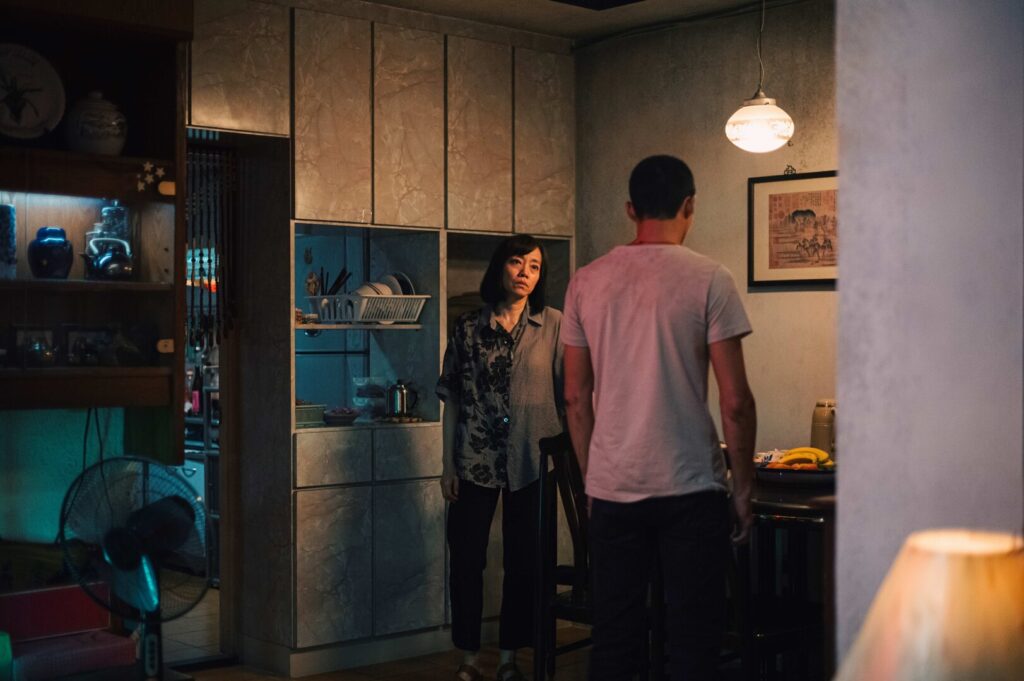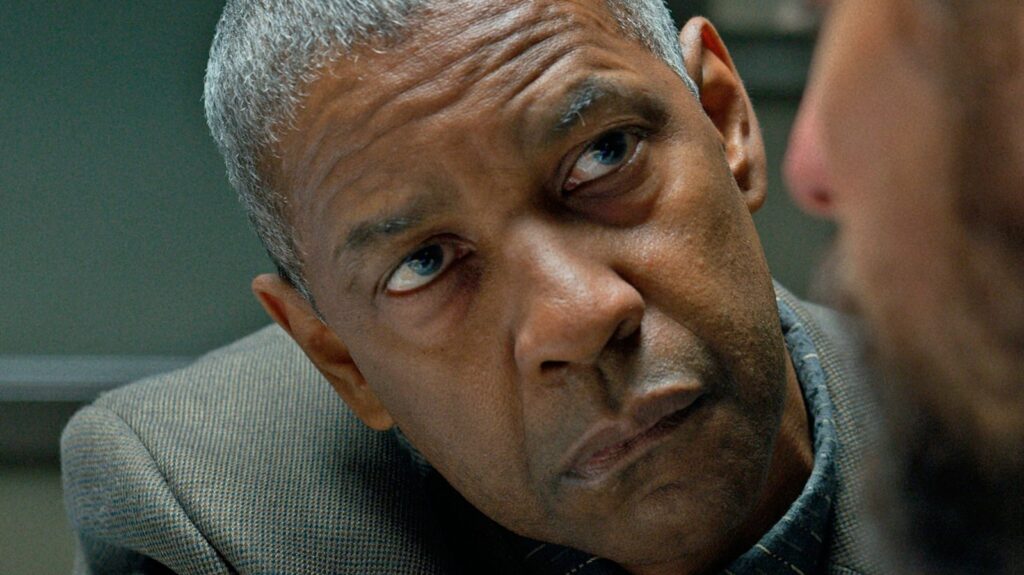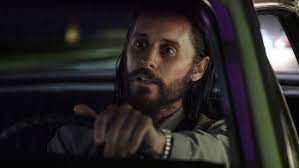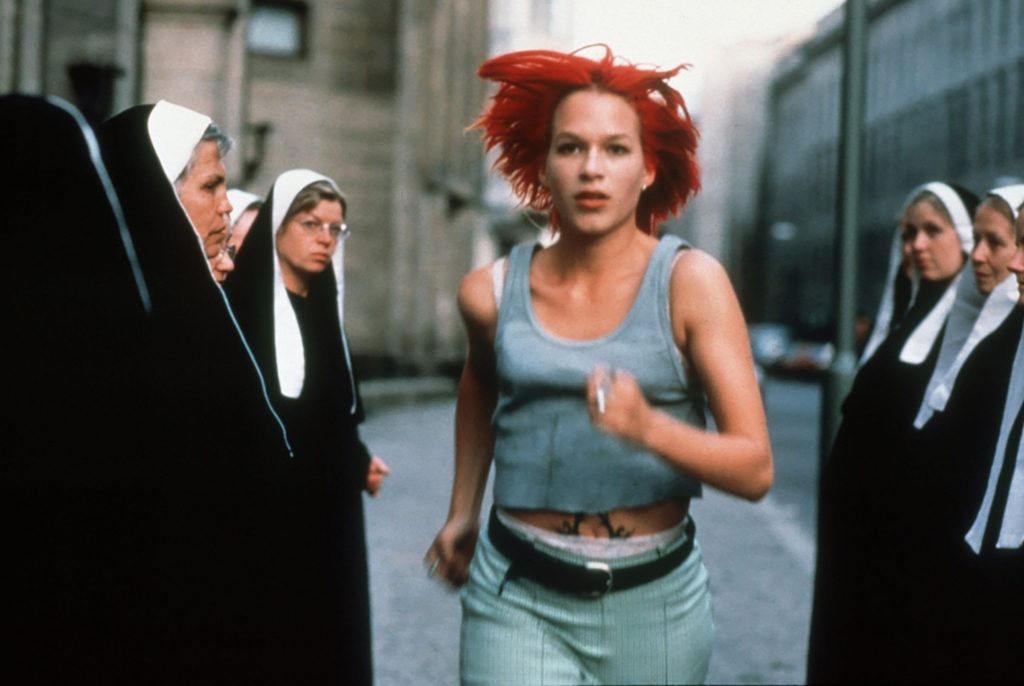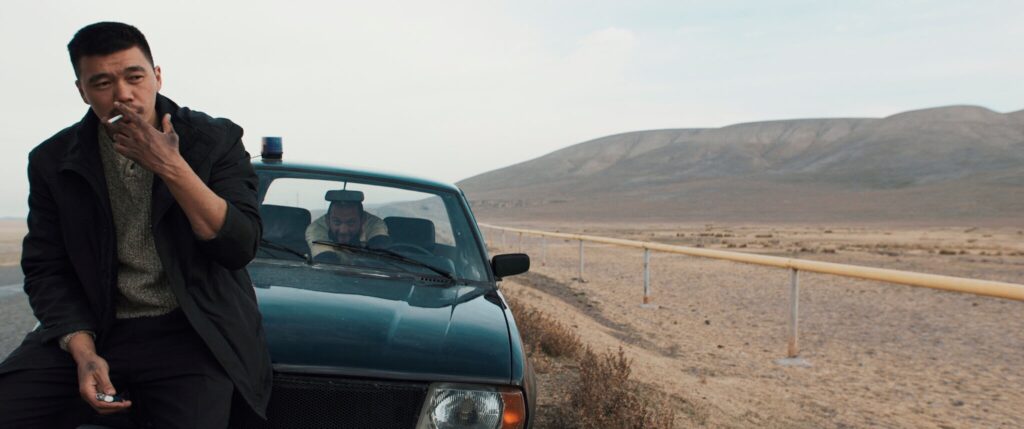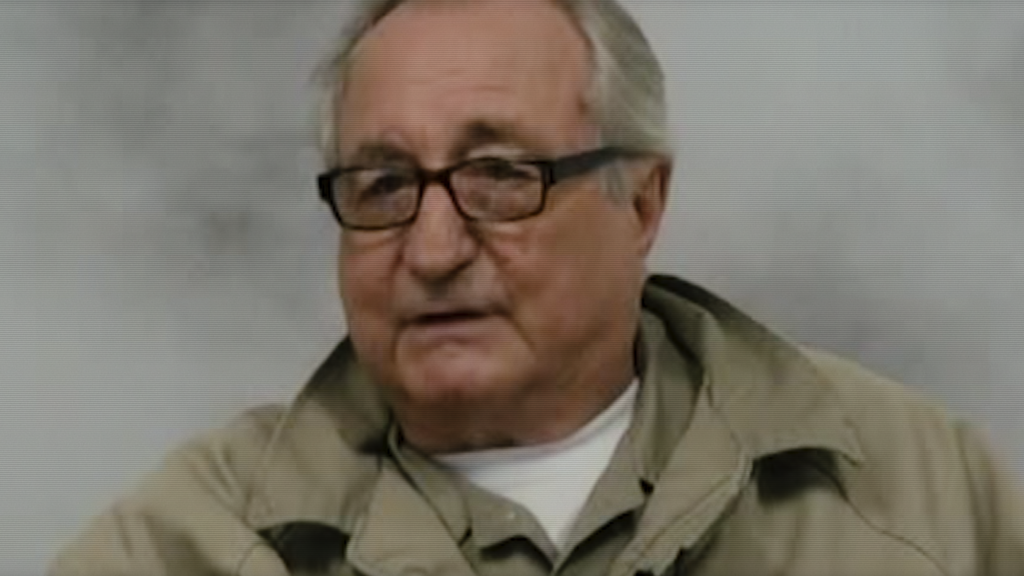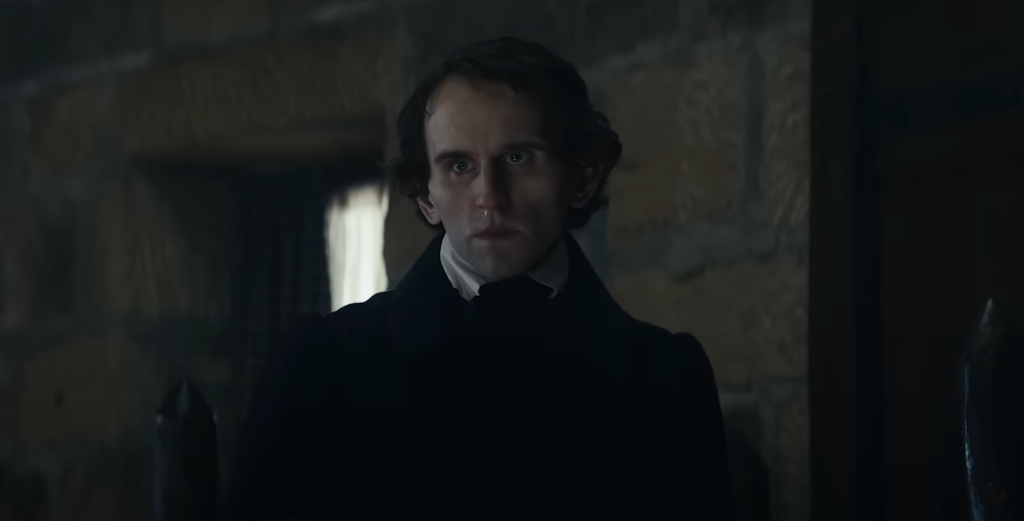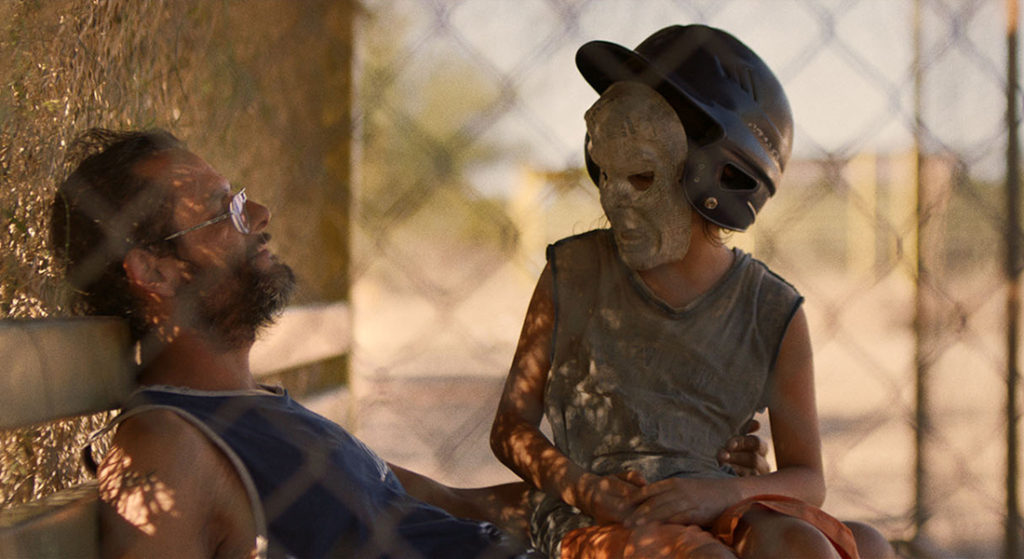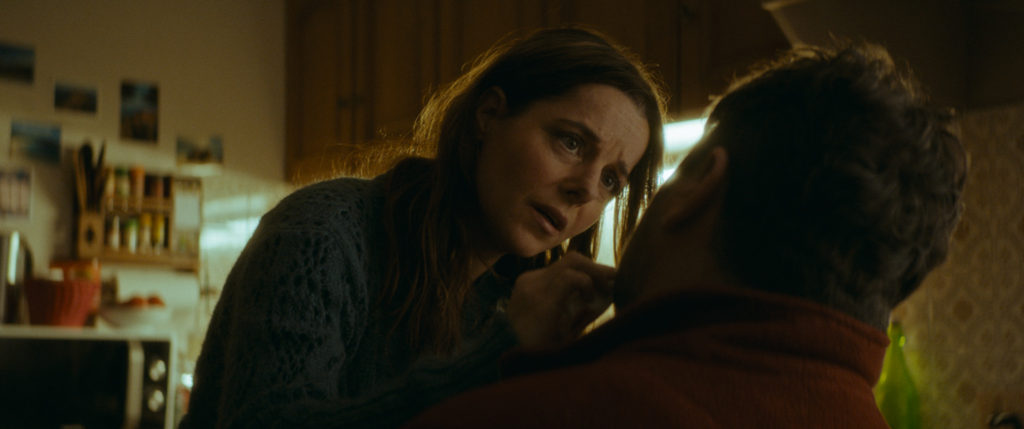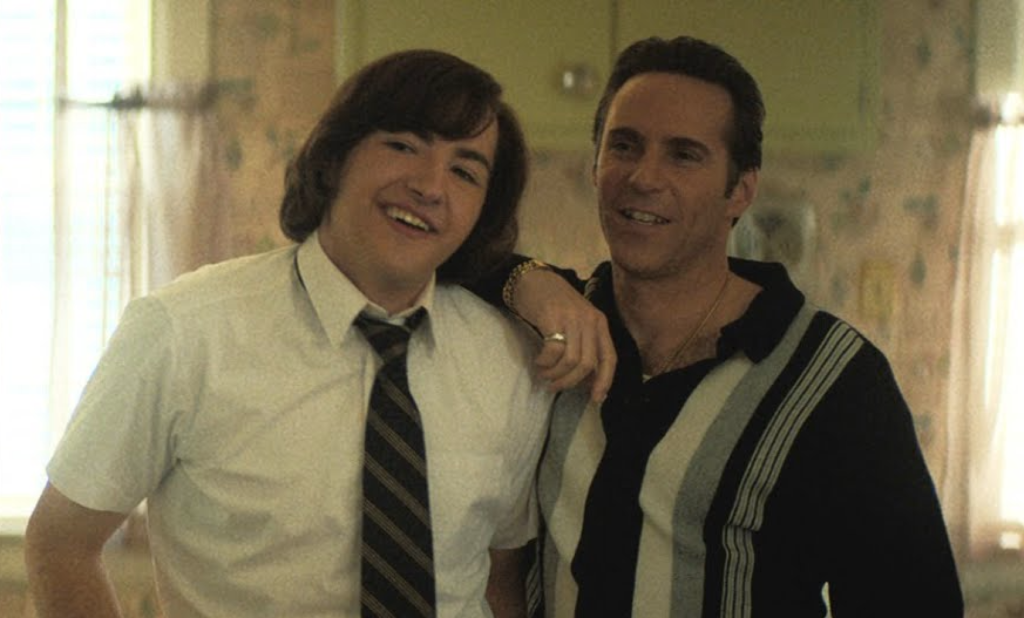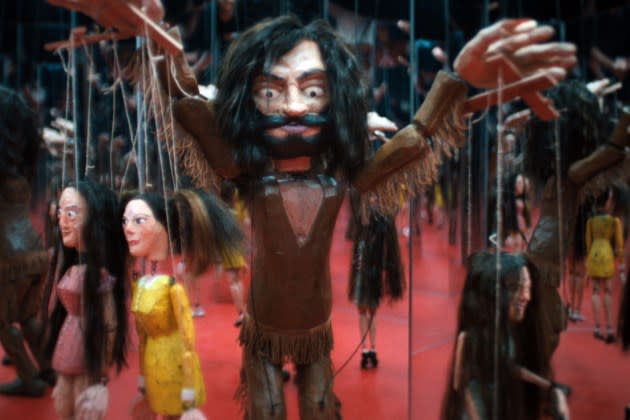
Master documentarian Erroll Morris revisits and updates the Manson Murders in Chaos: The Manson Murders. After over a half-century, it’s still a chilling, unforgettable story – human behavior so bizarre and transgressive that it’s almost incredible.
Morris introduces us to writer Tom O’Neill, who adds a conspiracy theory. .O’Neill accepts that the Manson Family perpetrated the murders at Charlie Manson’s direction,, but he also sees a connection between Manson and a CIA-funded experiment in mind control, although he doesn’t prove a link. It’s clear that Morris doesn’t buy the conspiracy.
What does Chaos: The Manson Murders add to to our understanding, besides the probably bogus conspiracy theory? The passage of time has added sources and perspective that Morris uses to retell the story more completely than in the past. One dispassionate and ultra-credible source is one of the prosecution team, Stephen Kay, an eyewitness to and participant in the trials. Morris has also found archival footage of interviews with members of the Manson Family and, yes, of Charlie himself.
That allows Morris to unspool a chronological narrative that begins with Manson’s release from prison, his assembling his family of misfits in San Francisco and moving them all to LA so he could dabble in the music industry – just enough to develop a grudge. Morris tells the lesser-known stories of the prequel crimes, the murder of Gary Hinman and the attempted murder of Bernard Crowe, who Manson mistook for a Black Panther because of his Afro. And then finally, the horrors on Cielo Drive and Waverly Drive.
For 46 years, Erroll Morris has been one of the greatest documentarians, with a body of work that ranges from the hilarious (Gates of Heaven, Vernon Florida, Fast Cheap and Out of Control, Tabloid) to the unflinching (The Thin Blue Line, Mr. Death, The Fog of War, Standard Operating Procedure),
(BTW a friend of mine on a prison tour was actually introduced to Charlie Manson in the prison yard. He reported that, indeed, Manson creeped him out with a very scary vibe.)
Chaos: The Manson Murders, the ultimate true crime doc, is streaming on Netflix.



